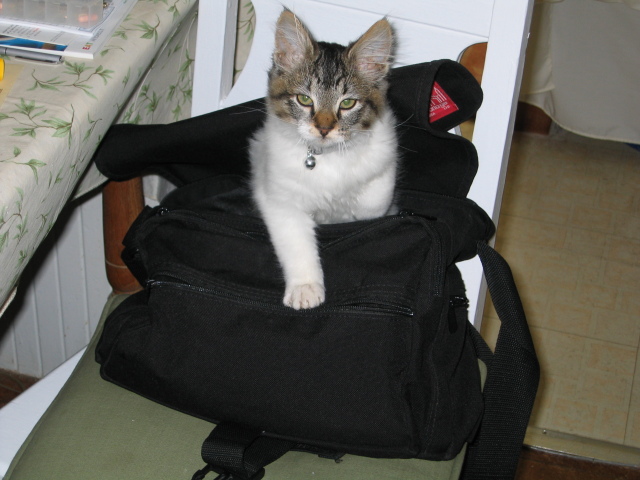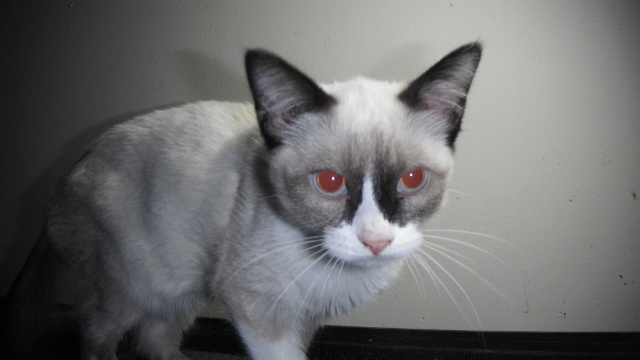QuestionI have a kitten who is 5 months old now. He doesn't seem to be thriving and has sore gums. We have taken him to the vet who has said he could have the calicivirus. We are awaiting swabs to be done. We already have a cat that adopted us with the calicivirus and after many steroid injections and antirobes eventually had all her teeth extracted. She has now developed kidney problems but with treatment is now thriving. Is there anyway we can avoid this for our kitten who we love so much. Some people recommend Lysine but wondered if this would be advisable.
AnswerHi Susan. Lysine isn't a bad idea to give to a kitty at all. It will have the most notable effect on a kitty who's suffering from herpes, but it does have some general immune supporting properties, as the body requires it to build antibodies. So a kitten with calici may benefit as well. I use a gel especially made for cats called Viralys, and I buy it here - http://www.calvetsupply.com/index.asp?PageAction=VIEWPROD&ProdID=803 You could also just buy regular lysine tablets from any pharmacy. These will typically be 1000mg tablets. The effective kitten dosage is 250mg a day (but anything extra won't harm him), so you would quarter the tablet. That quarter will still be huge, and you'll probably need to grind it up and mix it into his food.
To my knowledge, the only thing rumored to help with calici is Vitamin C. There are some who swear by it and others who say it doesn't work. A holistic vet is likely to urge you to use it, and in my experience, conventional vets are less likely to give it a shot. I did start a kitten with calici on Vitamin C, and the dose was 1/4 of a 250mg tablet daily with instructions to watch for signs of stomach upset. If no diarrhea or vomiting occurred, then treatment could continue and preferably increase as high as 500mg daily while symptoms lasted, but my guy DID develop diarrhea, so treatment had to be stopped. Nevertheless, this might be something you could discuss with your vet. Also, I found this product in a quick search, so I don't know if it would be worth a try: http://www.goodpet.com/library/pharmacyFiles/vitaminc.asp
Hopefully this little kitten's mouth problems are transient instead of a serious stomatitis like your other kitty's. But if they do turn out to be chronic, I'm with you. The best decision is a full mouth extraction. A top veterinary dentist from a university was flown out to perform a seminar at my animal hospital recently, and my vets asked if they could use one of my cats as his patient. His mouth was such a mess, he was the ideal candidate! The specialist thought he could save some of his teeth. Just two months after all sorts of fancy x-rays and procedures, he was back in there for a second surgery to have the rest of his teeth removed. It would have been best for him to have had them all removed at once.

 what breed is my bobtail kitten?
Question
Midnight
About a month ago I got a little bobt
what breed is my bobtail kitten?
Question
Midnight
About a month ago I got a little bobt
 cat identification
Question
pic was from my phone,
i am currently f
cat identification
Question
pic was from my phone,
i am currently f
 Injured tip of ear / Follow up
QuestionBagBoy
QUESTION: My 7-month-old cat, Har
Injured tip of ear / Follow up
QuestionBagBoy
QUESTION: My 7-month-old cat, Har
 Newborn Kitten feeding ---? 5-6 WEEKS
Question
Venus
Hello expert,
I have a 5-6 week kitten a
Newborn Kitten feeding ---? 5-6 WEEKS
Question
Venus
Hello expert,
I have a 5-6 week kitten a
 albinism
Question
Cat
Hello! I was wondering if you could
albinism
Question
Cat
Hello! I was wondering if you could